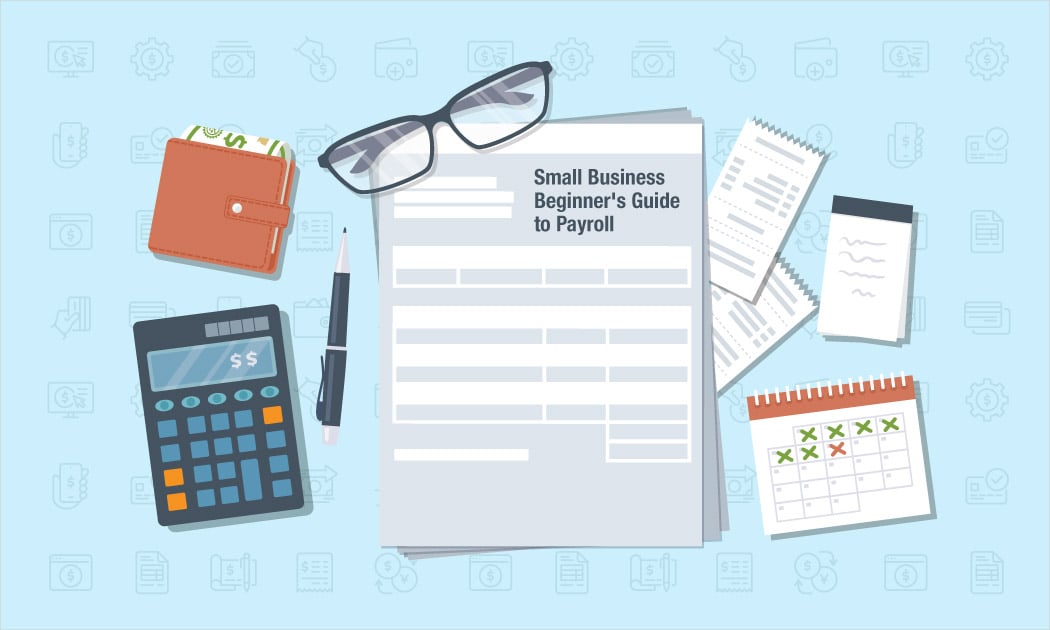The Payroll Blog
News, tips, and advice for small business owners
- Home
- Resources
- Payroll Blog
- The Small Business Beginner's Guide to Payroll
The Small Business Beginner's Guide to Payroll

As a small business owner, you might not think of payroll as something to celebrate—but it is a necessary and important part of running your business.
Adding new employees is a critical step in most small business growth, and ensuring employees are paid according to your employment agreement, on time, and in compliance with federal, state, and local tax and regulatory compliance will help you sustain your business growth. But we realize that payroll is not a simple task for many small business owners, especially when you look at everything else on your plate.
That’s why we’ve created The Small Business Beginner's Guide to Payroll. Download this free ebook to learn some helpful tips as well as some pitfalls to avoid.
Some of the key things you can expect to learn about are:
- What information you need to run a payroll
- The differences between exempt and non-exempt employees
- Various payroll taxes and how to calculate them
To further set you up for success, we also include some links to additional small business payroll resources.
Download the eBook today so you can spend less time focused on payroll and more time focused on why you got into business in the first place.
Related Blog Posts
View Our Plans and Pricing
Small Business Is Our Business.
This website contains articles posted for informational and educational value. SurePayroll is not responsible for information contained within any of these materials. Any opinions expressed within materials are not necessarily the opinion of, or supported by, SurePayroll. The information in these materials should not be considered legal or accounting advice, and it should not substitute for legal, accounting, and other professional advice where the facts and circumstances warrant. If you require legal or accounting advice or need other professional assistance, you should always consult your licensed attorney, accountant or other tax professional to discuss your particular facts, circumstances and business needs.



